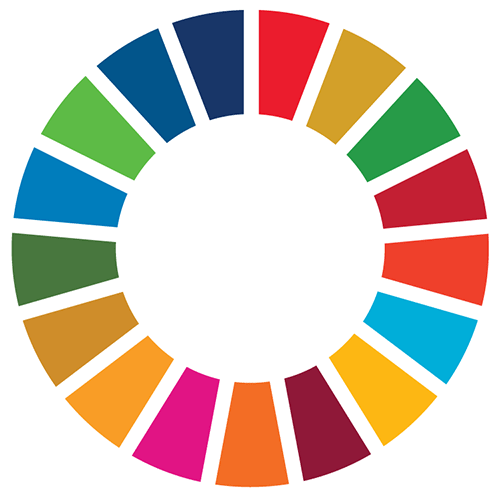Transforming communities and safeguarding ecosystems to achieve sustainability and prosperity
Griffith Institute for Human and Environmental Resilience (GIHER) is Griffith’s flagship institute dedicated to finding solutions for people to thrive in harmony with nature. We conduct research across environmental and social science, economics, public health, climate change, engineering, law and AI technology to grapple with the complexities of our changing planet.
Our philosophy is informed by systems thinking - we approach these challenges as interconnected problems affecting both the natural and built environment. We work to safeguard the health, prosperity and security of both human-made and natural environments.
We are responding to the urgent call to mobilise research leaders into finding sustainable, equitable and adaptable development for all, in an ever-changing climate. We give expert advice that reduces uncertainty in decision-making and responds to community values and needs.

Sustainable Development Goals
Griffith University is aligned with the United Nation's Sustainable Development Goals (SDGs) and is committed to advancing sustainable development through comprehensive initiatives that promote economic prosperity, social inclusion, environmental sustainability and good governance for all.
Our capabilities at a glance
Comprehensive expertise across social, ecological, economic and technical fields
Transdisciplinary and action-oriented approaches for responding to global challenges
Deep connections with industry and First Peoples partners to drive applied research making a difference
Research themes

Protecting and restoring resilient biodiversity and ecosystems
Preventing ecosystem loss through biodiversity and nature positive approaches

Creating climate and disaster resilient communities
Guiding industry investment and public policy with new knowledge and tools

Transitioning to climate resilient living and built environments
Finding equitable and innovative solutions for decarbonising our cities and communities
Our researchers
Director of the Griffith Institute for Environmental Resilience, Professor Cara Beal leads a team of researchers contributing knowledge that empowers communities and ecosystems to thrive in the face of environmental challenges, promoting sustainable development and climate resilience.
Latest News
Sustainability and human wellbeing core for institute
25 Nov 2025
GIHER aims to transform communities and safeguard ecosystems to achieve sustainability and...
Rethinking wildlife tourism: Ruling out ‘orangutan kickboxing’ a good start to...
18 Jul 2025
Extreme examples of wildlife tourism do little to educate or develop conservation motivation for...
Why go off-grid? Survey helps researchers understand those who ‘unplug’
03 Jul 2025
Researchers launch survey to understand social and environmental values of going off-grid.
Trees down around town after TC Alfred? Tell GIRLS
21 Mar 2025
Team calls on community to share cyclone-damaged tree photos to better inform town planning.
New research finds keeping room temperature at 24 degrees or below could reduce sleep stress
Griffith Institute for Human and Environmental Resilience (GIHER) researchers Dr Fergus O'Connor, Dr Aaron Bach and A/Prof Shannon Rutherford have attracted strong media interest in the wake of the recent article on heat and health published in the British Medical Journal.